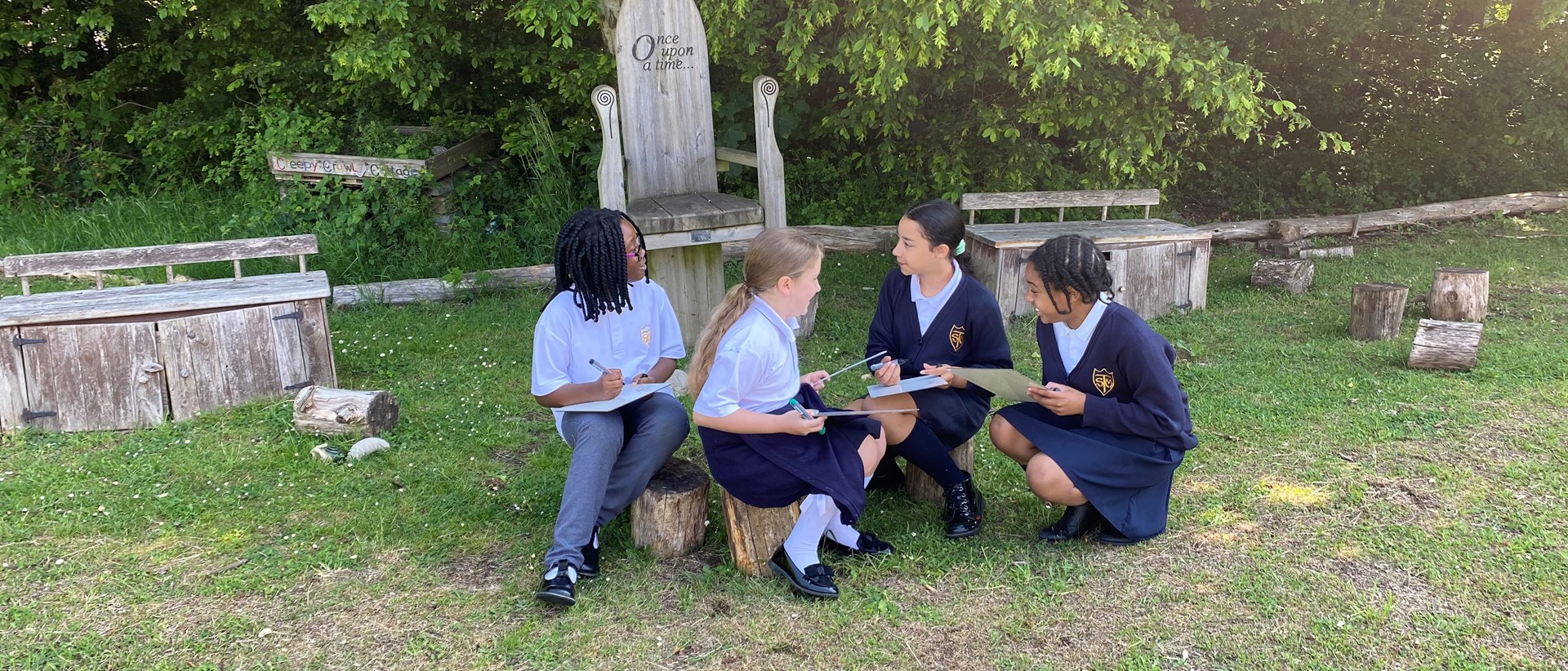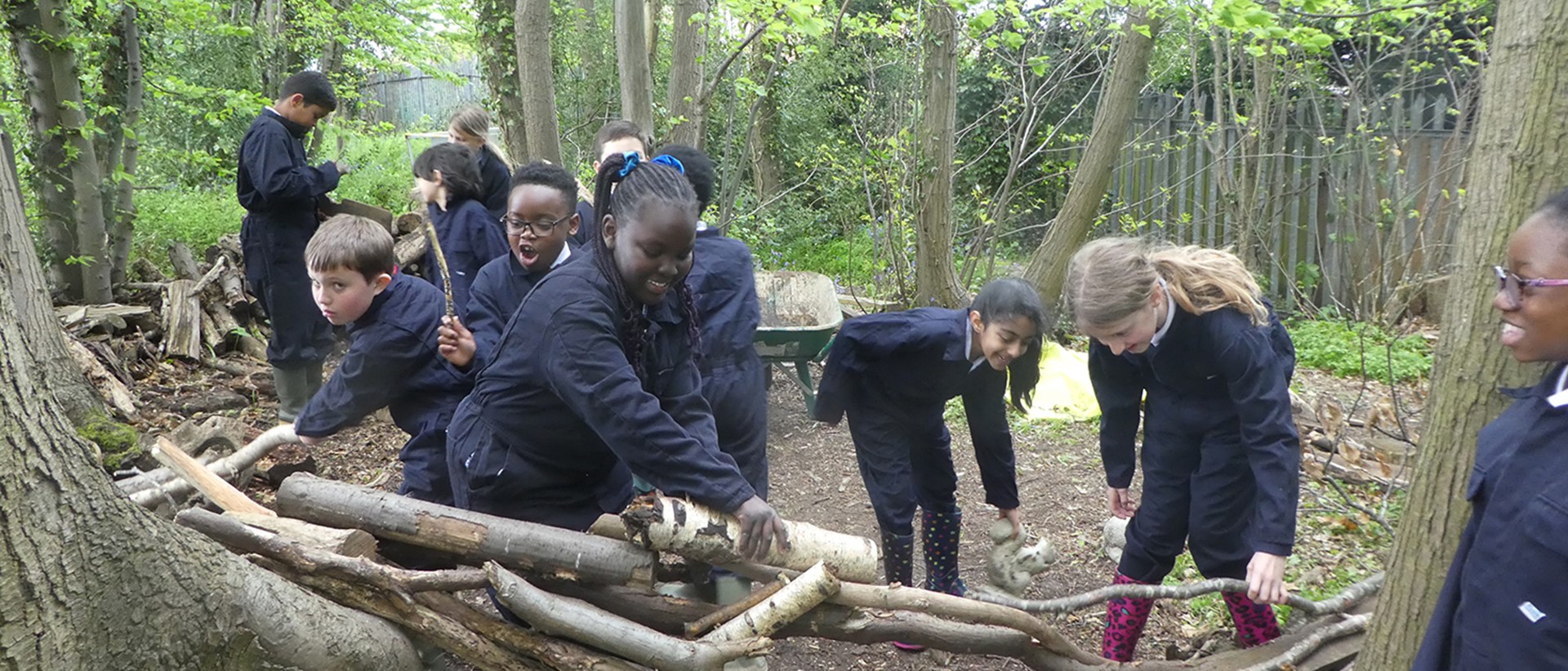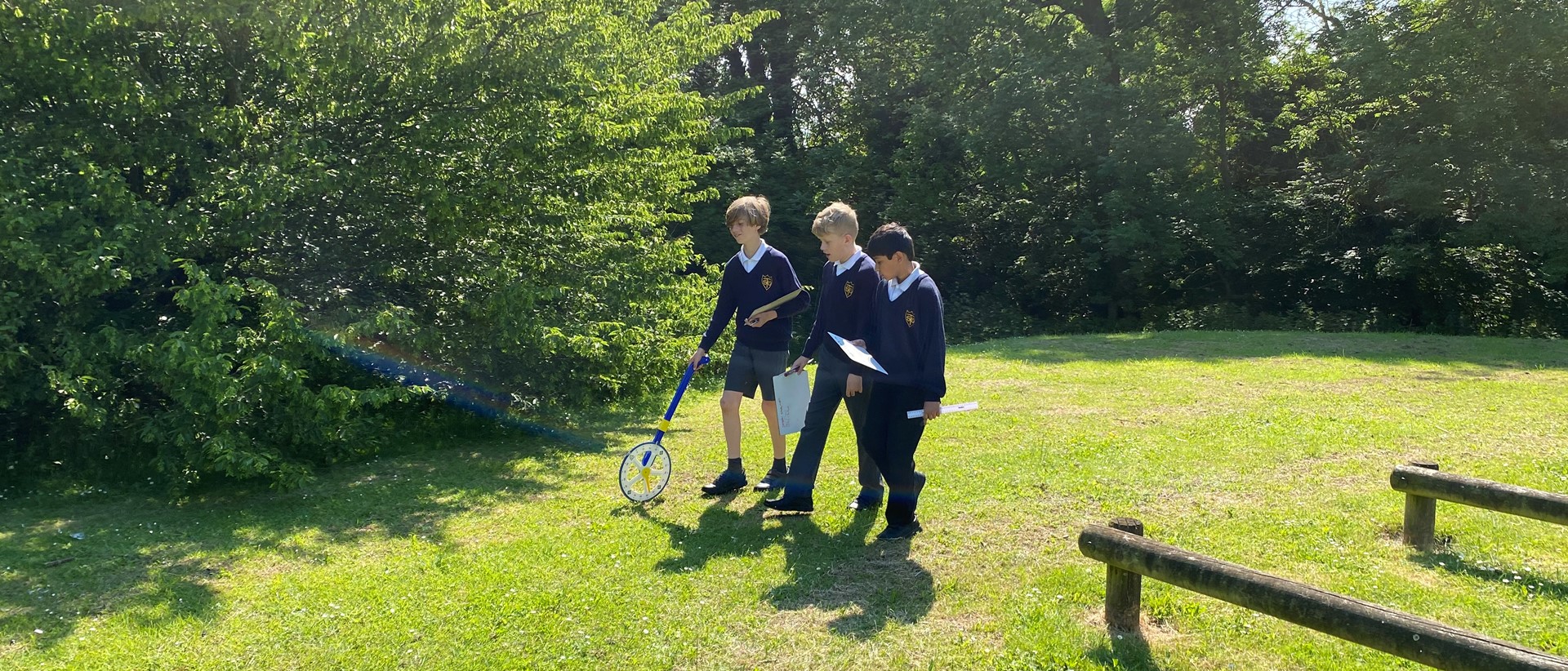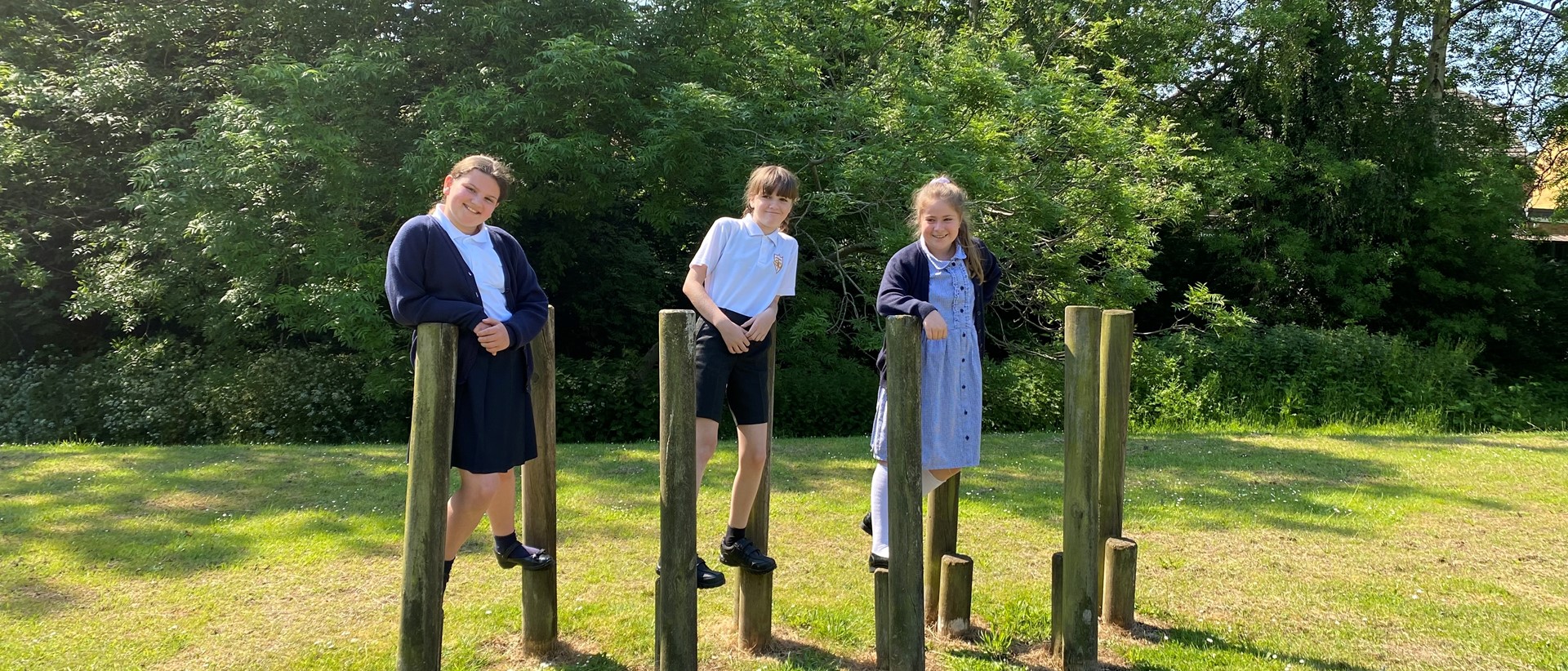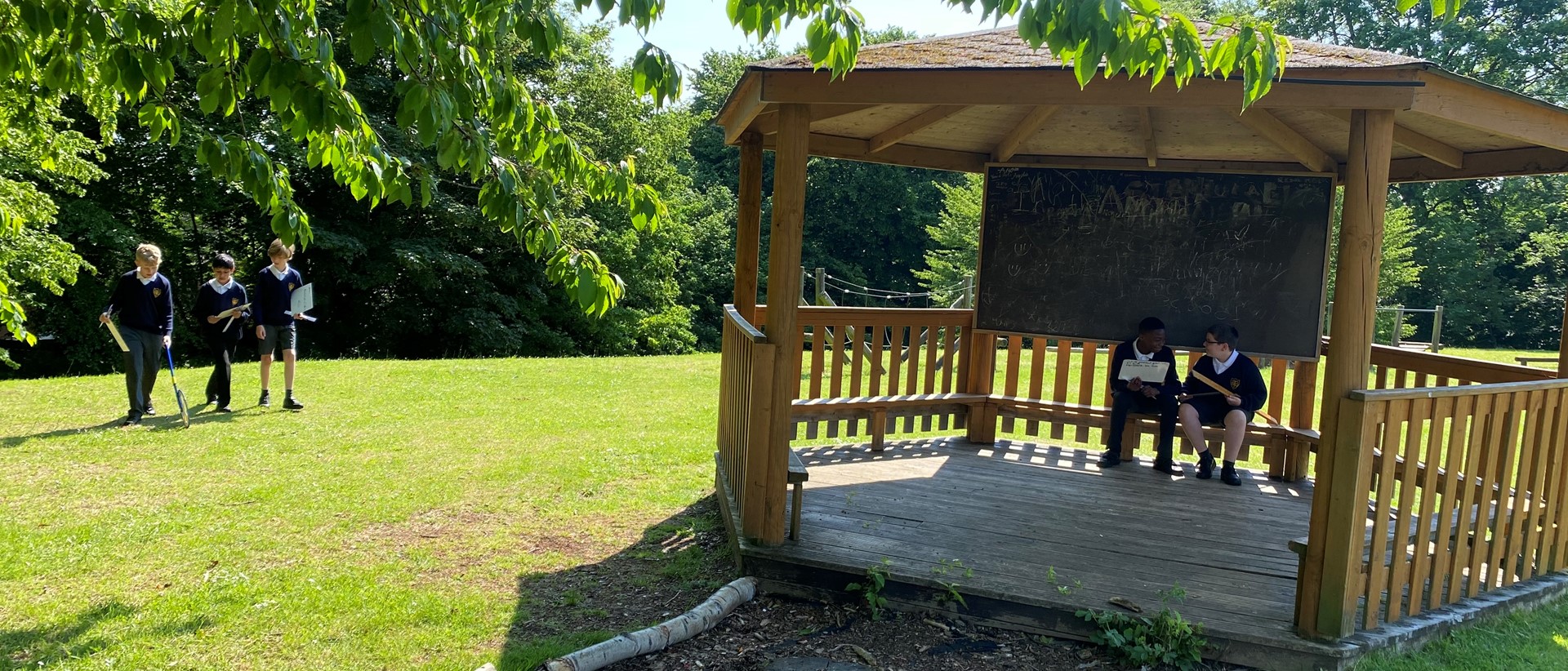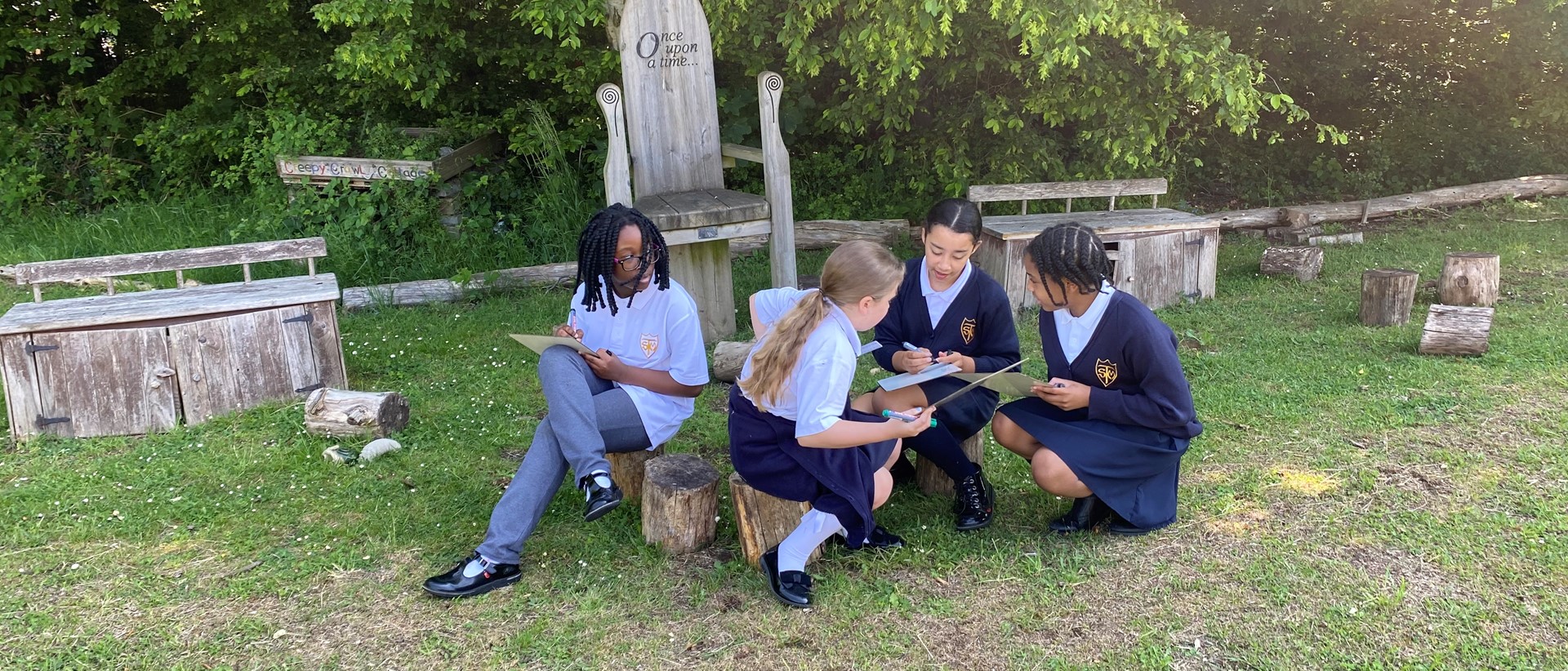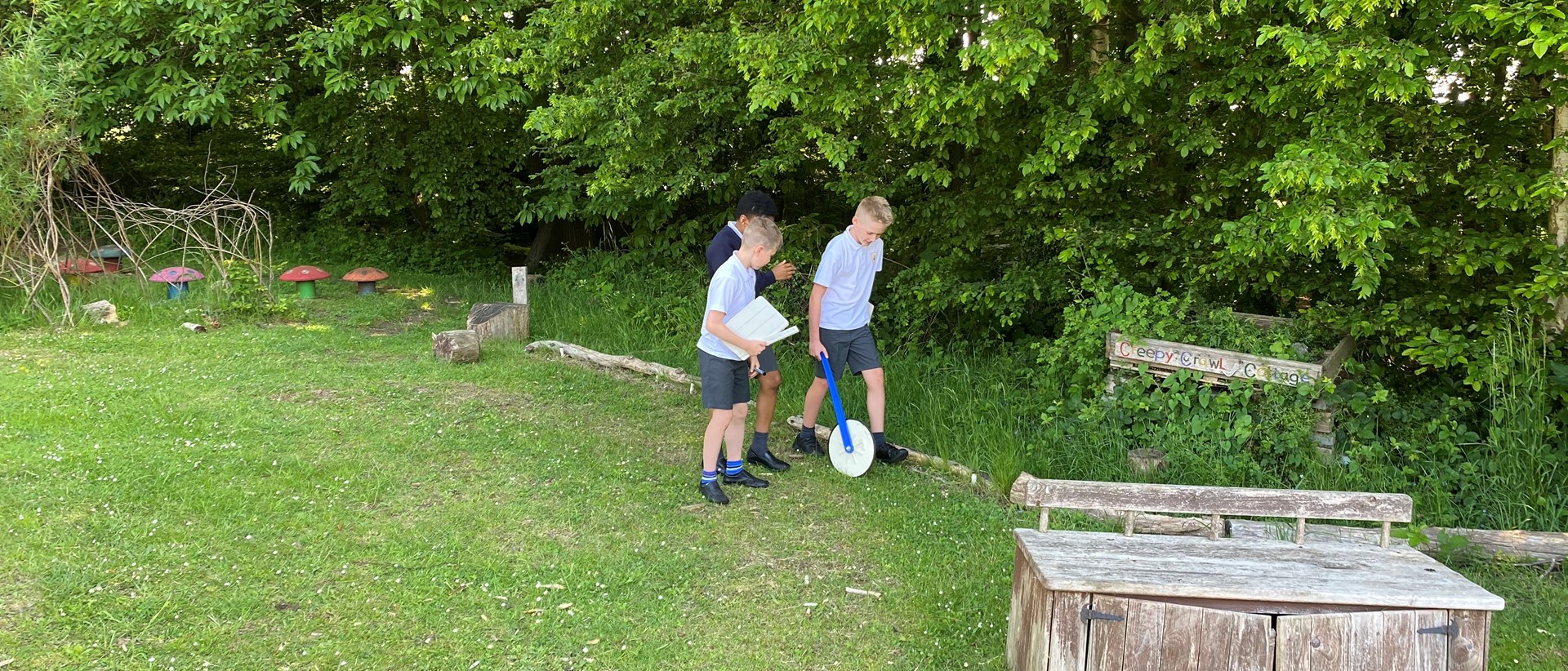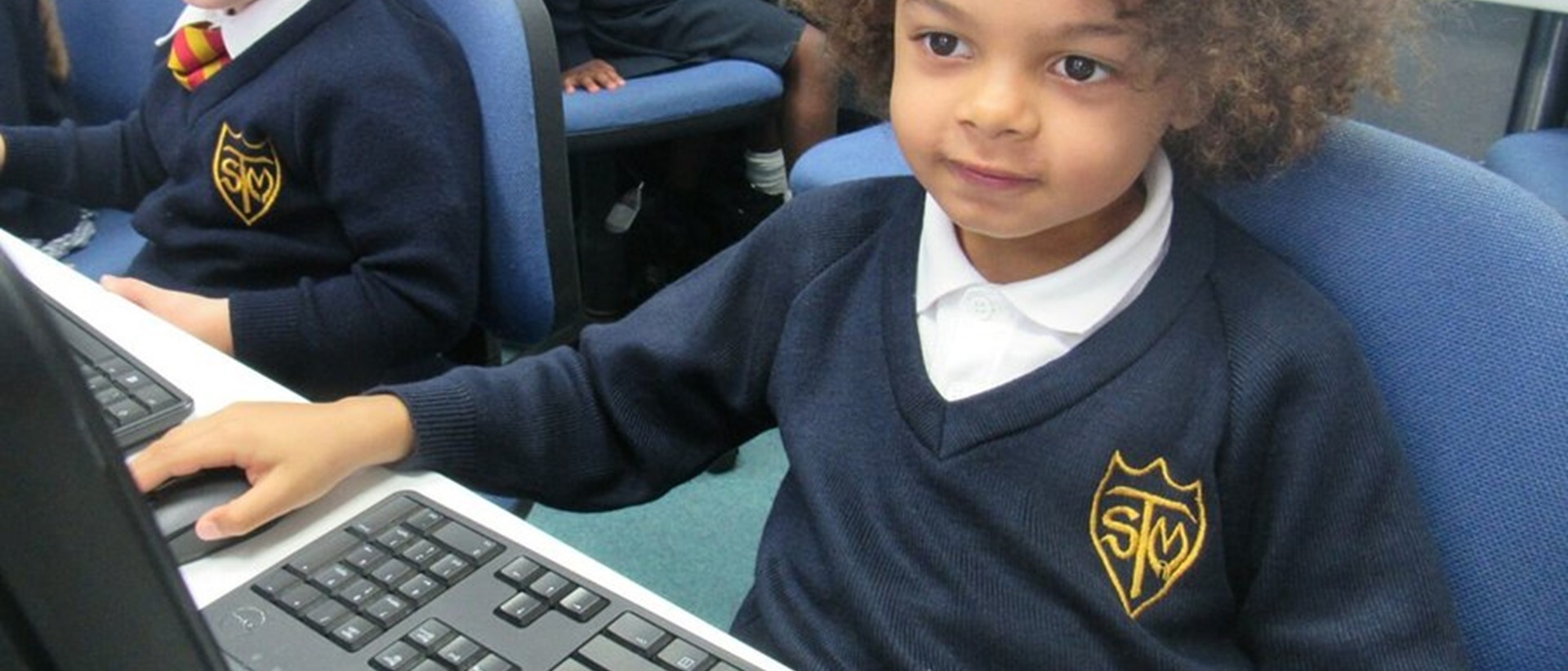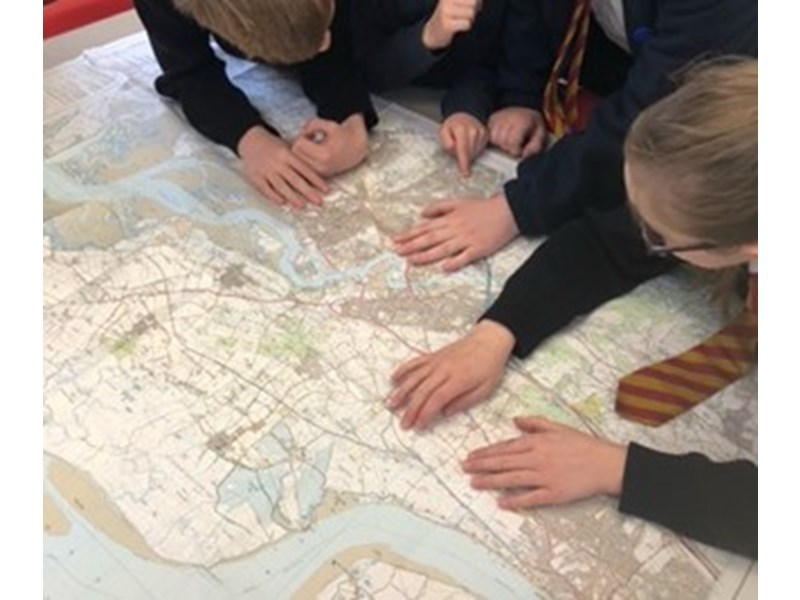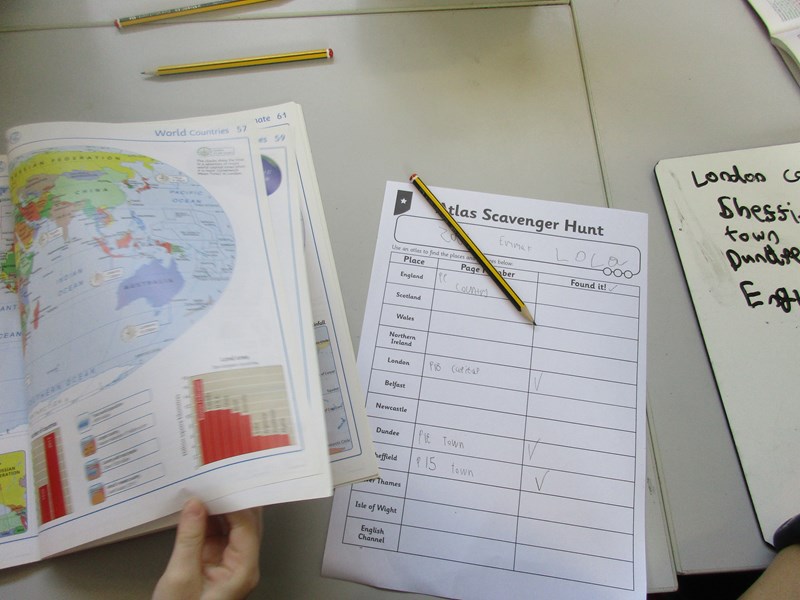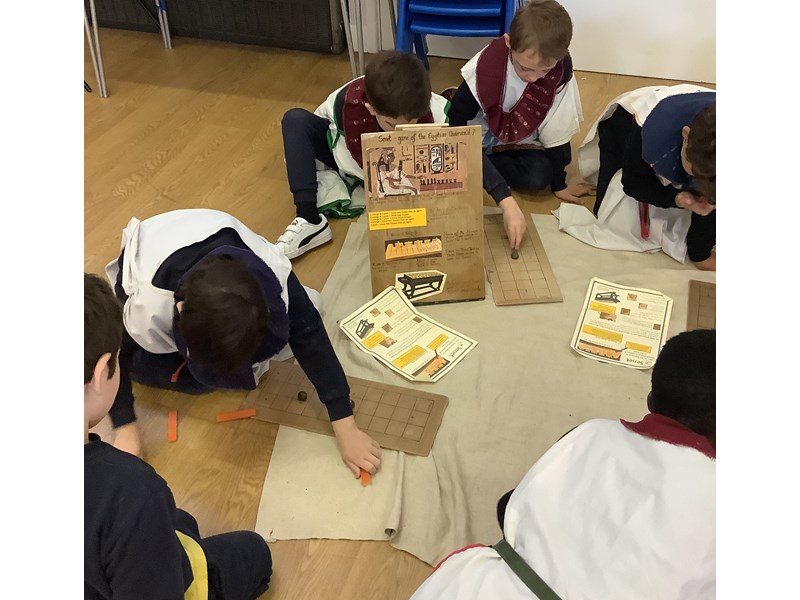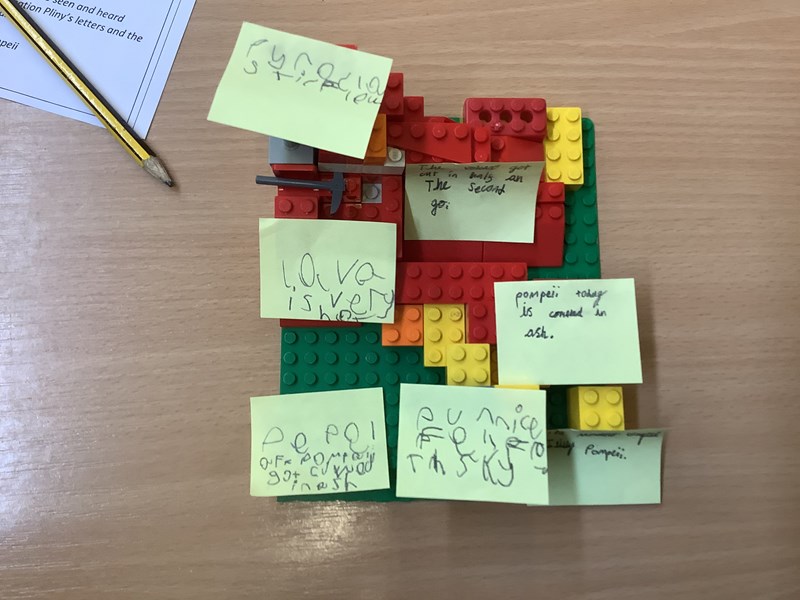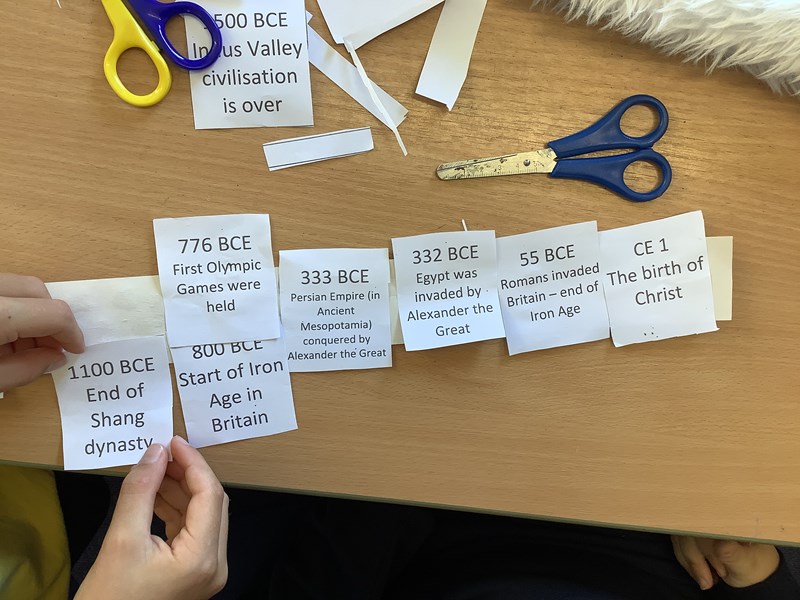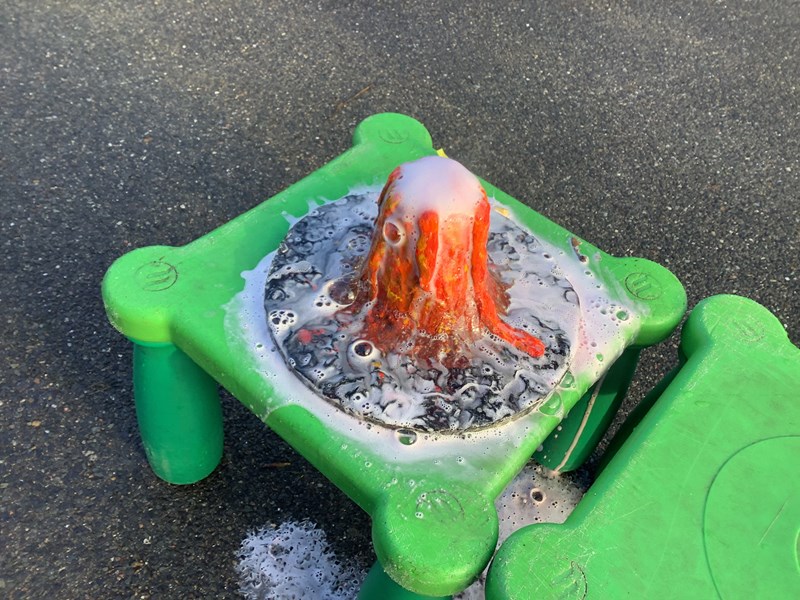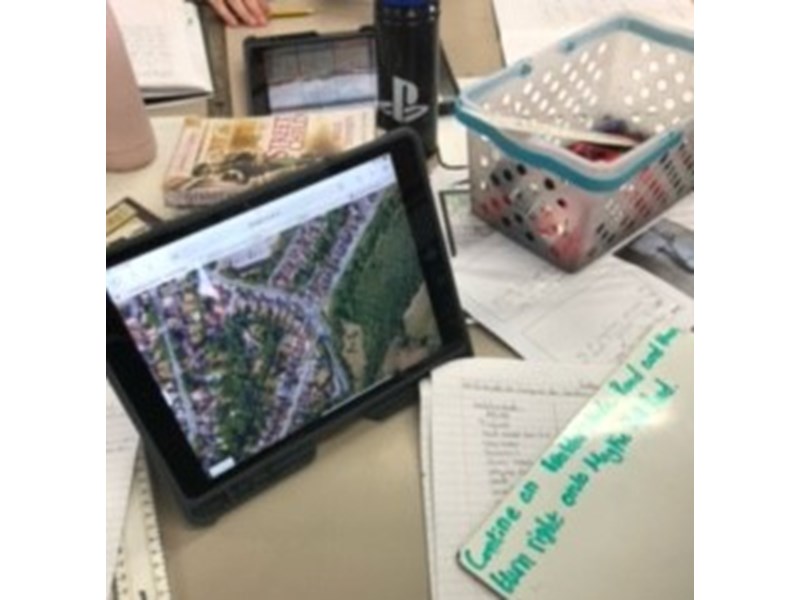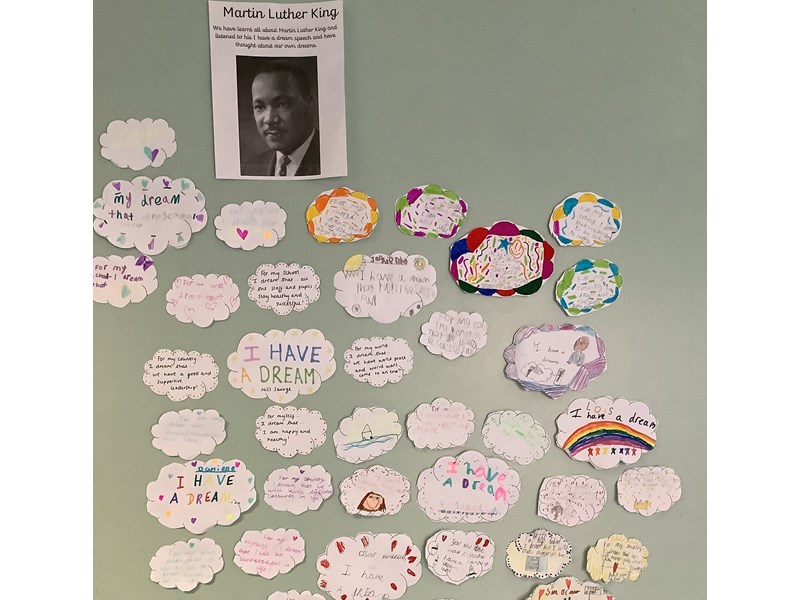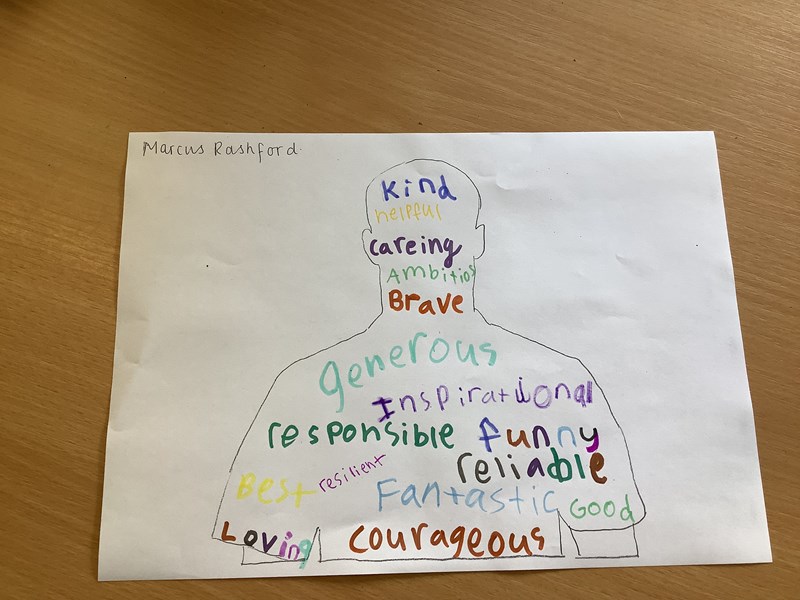Humanities Curriculum
Humanities Curriculum Overview
In line with the 2014 National Curriculum for history, our aim is to provide a high-quality history education which equips children with a historical understanding of the world. Children will be able to learn from the past and how it has an impact on their own lives now. The curriculum is designed to promote new historical skills, challenge the children to apply and build on those skills, in order to progress and develop their understanding of the past including mistakes and successes made in history and their consequences. As a school, we aim to nurture a progressive history curriculum which develops learning and results in children knowing more, remembering more and understanding how the knowledge and skills can be applied in their own history work.
"The more you know about the past, the better prepared you are for the future." Theodore Roosevelt
In line with the 2014 National Curriculum for Geography, our aim is to provide a high-quality geography education, which equips children with a global understanding of the world. Therefore, being able to learn from other regions and understanding how humanity is connected to its surroundings. The curriculum is designed to promote new skills and challenge the children to apply and build on those skills in order to progress and develop their understanding of geography including human and physical.
"The study of geography is about more than just memorising places on a map. It's about understanding the complexity of our world, appreciating the diversity of cultures that exists across continents. And in the end, it's about using all that knowledge to help bridge divides and bring people together." US President, Barack Obama
Fieldwork
Fieldwork is a key aspect of geography education. In every year group, we give children the opportunity to apply the skills they have been taught by experiencing fieldwork sessions. There is an equal balance of core knowledge and a sense of place. Within fieldwork, they are able to gather first hand data and analysis and alongside this they gain an insight into the discipline of geography. Overall, it allows children to create connections between processes and location and therefore pupils remember more of what they have been taught.
Black History Month
At St Thomas More we have created a diverse curriculum, which allows children to learn deeply about Black History. Throughout the year, children learn about key figures such as Mary Seacole, Rosa Parks, Yaa Asantewaa, African cultures and traditions and civil rights. However, during Black History Month, the children have had the opportunity to explore some additional key figures, such as: Martin Luther King, Nelson Mandela, Michelle Obama, Harriet Tubman, Marcus Rashford and Sislin Fay Allen.
